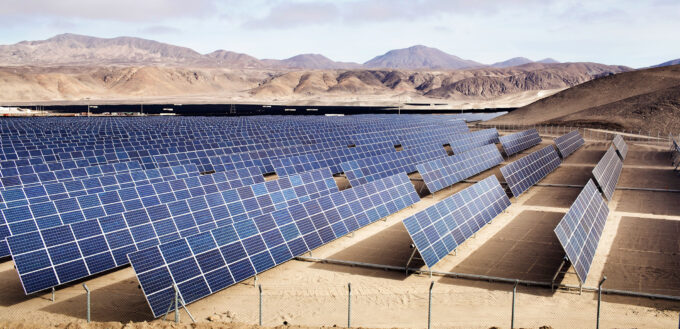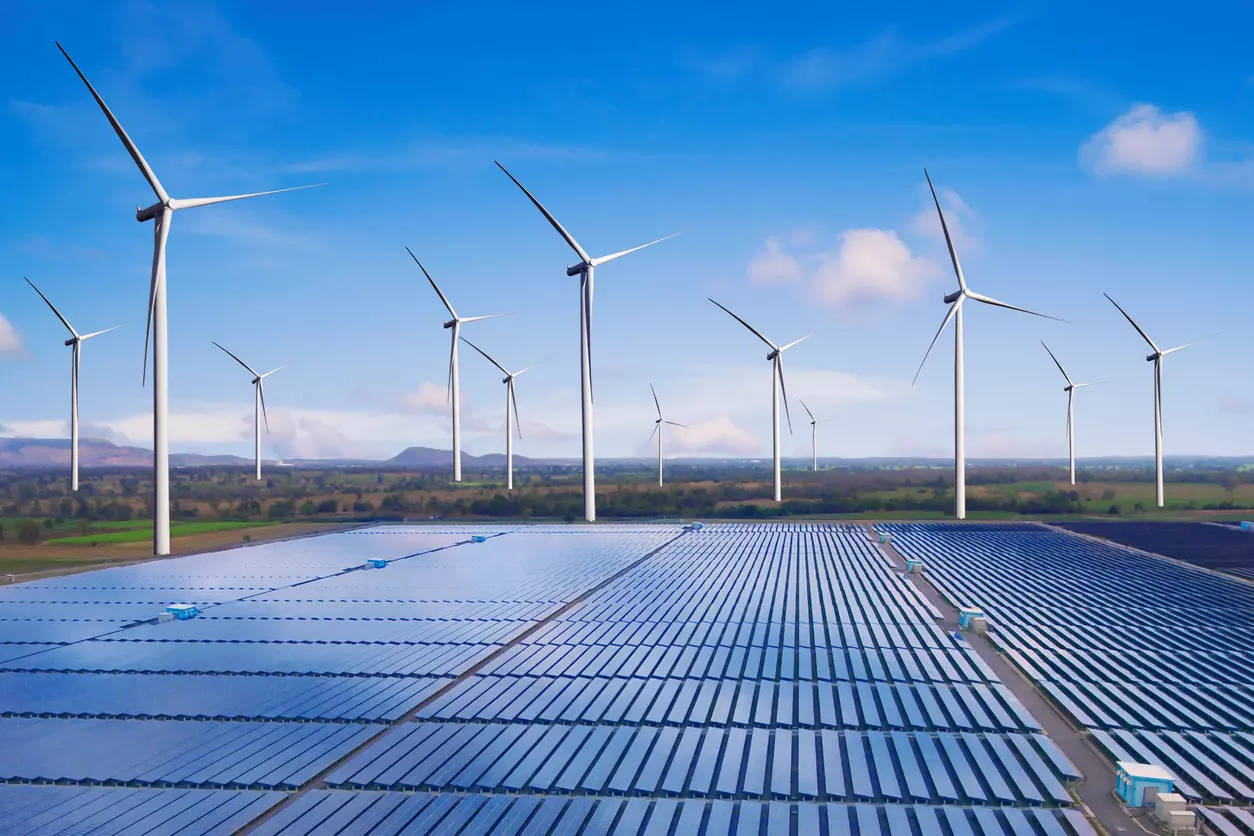Choosing your energy plan is nothing short of an accomplishment. It’s a unique window for a consumer to understand where the energy market stands. Besides, the freedom to choose comes with additional perks, like fixed-rate offers and amazing customer service. Once you have got the basics down, what’s left is a lengthy sign-up process. Here are ten essential factors one must consider when comparing energy plans for 2025.
1. Figure Out What Kind Of Energy You Need

Do you live alone, or do you have a family? What energy do you think your home uses the most? Is it electricity or natural gas? What appliances do you have? Is it limited to heaters, stovetops, and boilers alone? Are there any appliances that use natural gas? Maybe you use both. Sounds like a quiz show? Well, these are some interesting questions you need to ask yourself before comparing energy plans.
2. Review Your Existing Energy Plan
Go through your old energy bills to determine how much you currently pay per energy unit. For electricity, it is generally expressed in kWh, and for gas, it is megajoules. Knowing what you pay for energy currently will help you compare energy plans easily and weigh the odds against other service providers.
3. Take A Note Of Energy Patterns

When you go through your energy bills, pay close attention to the times you consume a particular type of energy. You will see your consumption figures fluctuating across seasons, days and nights, weekdays and weekends. Some energy provider’s bills show how consumption rates vary over months. Such information will help you choose the most suitable energy plan. Some families may already have a fixed-rate plan. In such cases, it becomes easier to determine what you pay per unit of energy.
4. Confirm Whether You’re Living In A Deregulated State
Energy markets across Australia are deregulated for the majority of states. For example, in NSW and SA, you are free to choose your energy source and supplier. The rule is similar for families and businesses, offering the latter a chance to put a leash on their energy expenses.
One of the biggest advantages of a deregulated energy market is that one is no longer limited to the options a utility company sets for them. You can sign up with any energy provider that can help you save a lot every month. At the outset, consumers can choose either a fixed-rate or a variable-rate plan.
Here’s a brief understanding of what is what:
- Fixed-rate plans– As the name goes, a fixed-rate energy plan locks a pre-decided price for energy consumption. The rate remains constant throughout the duration of your contract, and despite any spike in the energy market, you can always have a predictable rate to build your budget and track your profits. In other words, no surprises at the end of the month.
- Variable-rate plans– Energy suppliers and utility companies offer these plans. At times, variable rate plans can be limited to residents of a particular state. Under a typical variable-rate plan, the rates fluctuate with weather and market conditions and are more likely to affect the pricing at the end of the month. With changing market costs for electricity, some families prefer signing up for a variable rate plan. A variable rate can be beneficial, especially when there’s a drop in the overall electricity market price.
5. Ensure The Length of Your Contract For A Fixed-Rate Plan
Generally, the length of a contract is 12 months. However, a family can have specific reasons to opt out before the end of the contract. A fixed-rate plan that runs over a few months is a viable choice in such cases. On the flip side, you may sign up with a provider offering an extended contract period. Contract length durations start from as low as six months and can go up to 48 and 60 months.
6. Consider Green Energy Options

With growing environmental concerns, many consumers are turning towards green energy solutions. When comparing energy plans, look for options that include renewable energy sources such as solar, wind, or hydroelectric power. These plans not only reduce your carbon footprint but may also offer savings in the long run, given the rising cost of fossil fuels. Providers might offer incentives for choosing green energy, so keep an eye out for these benefits.
7. Assess Customer Service and Support
The quality of customer service is crucial, especially when issues arise. Evaluate the energy provider’s reputation for customer support. Look for reviews or ask for recommendations. Consider the availability of support services, whether it’s 24/7 customer care, online chat, or a help center. A provider with responsive and helpful customer service can save you a lot of hassle in the long run.
8. Understand the Fees and Penalties

Apart from the energy rates, consider other fees that might apply to your plan. These can include connection or disconnection fees, late payment penalties, and charges for exceeding usage limits. Some plans might also have early termination fees if you decide to switch providers before your contract ends. Make sure to read the fine print and factor these potential costs into your decision.
9. Explore Incentives and Rebates
Energy providers often offer incentives to new customers, such as sign-up bonuses, rebates, or discounted rates for the first few months. These can be attractive, but it’s important to look beyond the initial offer and understand the long-term costs and benefits of the plan.
10. Analyze the Impact of Time-of-Use Rates
Time-of-use (TOU) rates are increasingly common and can significantly affect your energy bill depending on when you use the most energy. These rates vary at different times of the day, with higher charges during peak demand hours and lower rates during off-peak times. If your energy consumption is flexible, understanding and utilizing TOU rates can lead to considerable savings.
Closing Thoughts
Choosing the right energy plan in 2025 requires careful consideration of various factors beyond just the price per unit of energy. By taking into account your energy needs, the type of energy you prefer, the quality of customer service, additional fees, and available incentives, you can select a plan that offers the best value for your household or business. Remember, an informed choice will not only help you manage your energy costs but also contribute to a more sustainable future.







